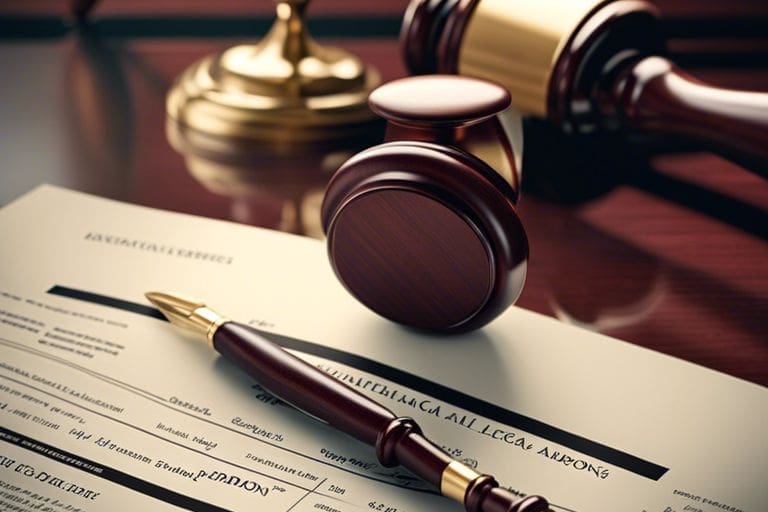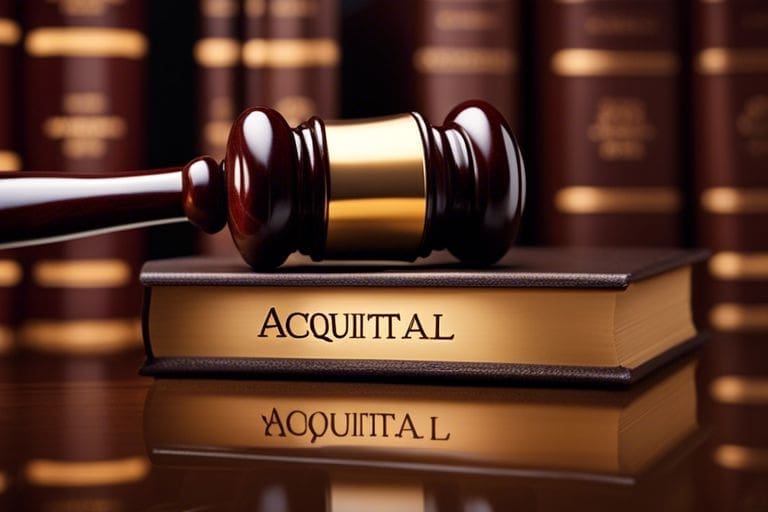What Every Applicant Needs to Know About Pardons in America?
A pardon is an act of forgiveness by a government authority, typically a president or governor, that absolves an individual of the legal consequences of a crime. The concept of a pardon is deeply rooted in the legal systems of many countries, serving as a mechanism for mercy and justice. In the United States, the […]
What Every Applicant Needs to Know About Pardons in America? Read More »









